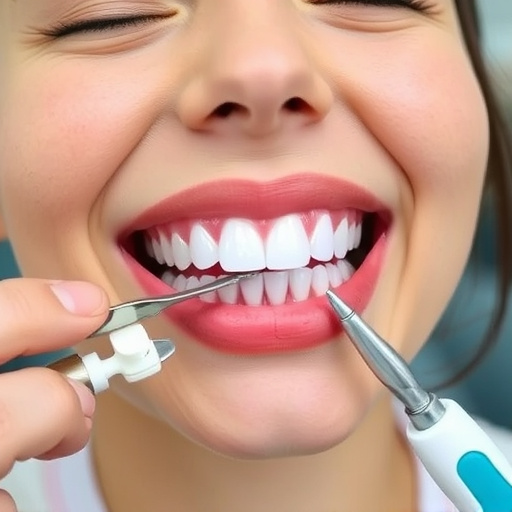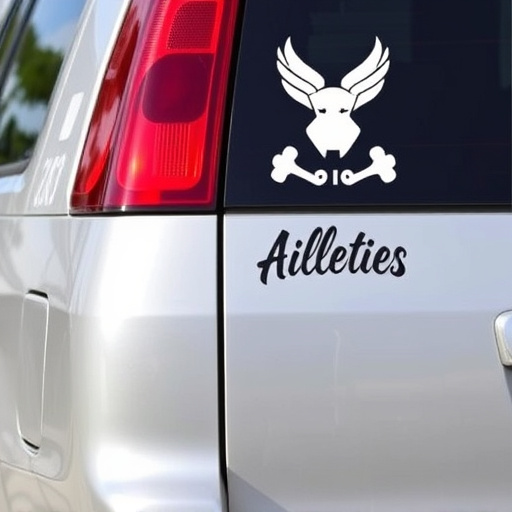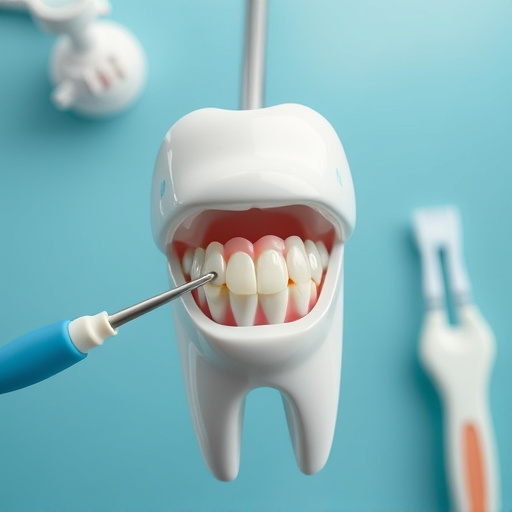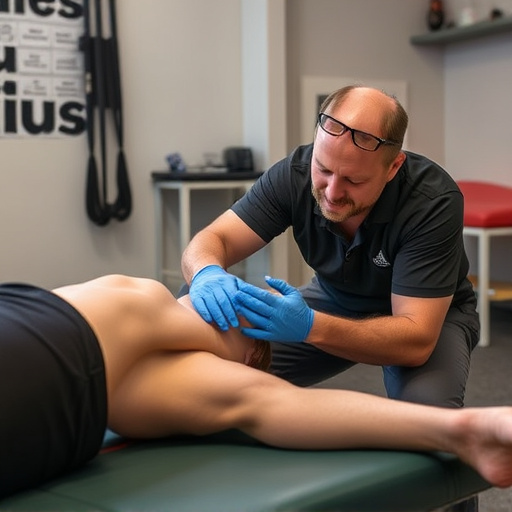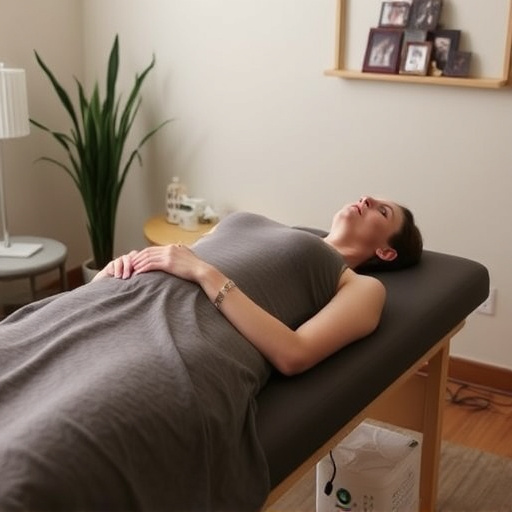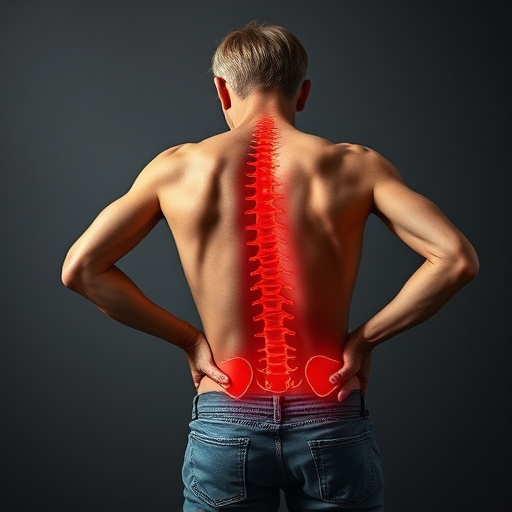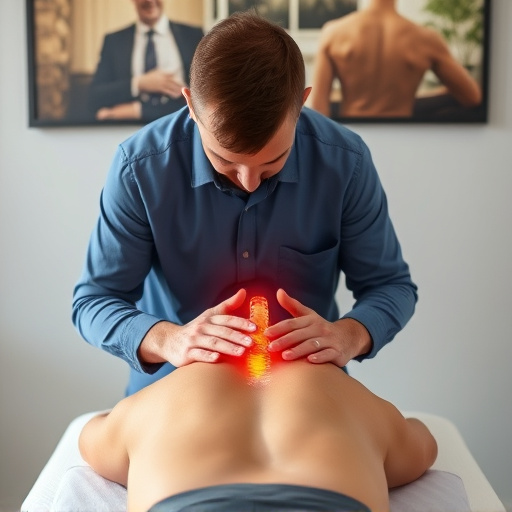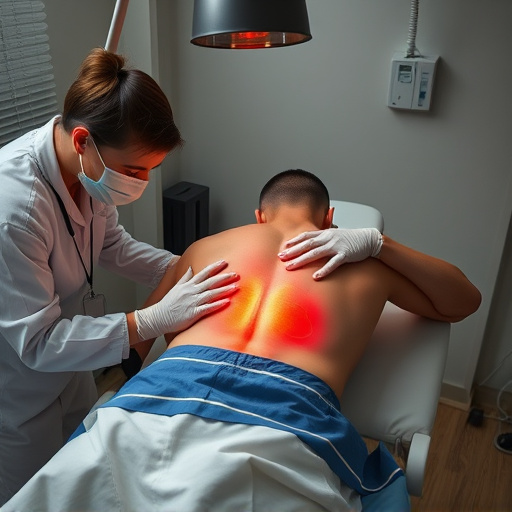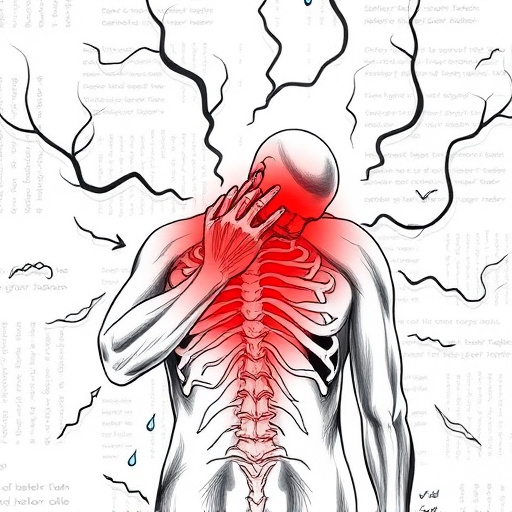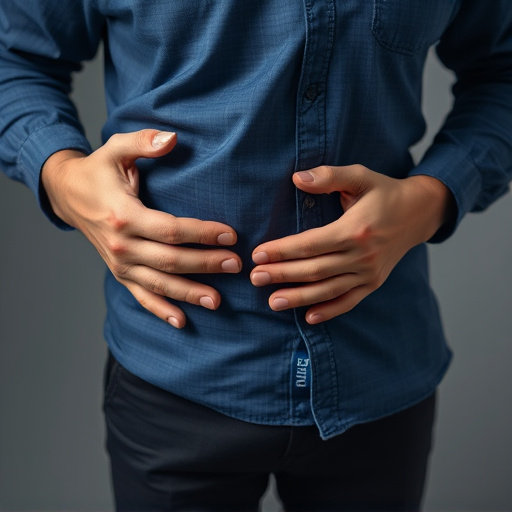Support groups are essential resources for motor vehicle accident victims, providing safe spaces for emotional support and knowledge on managing physical recovery challenges like sciatica. These groups facilitate peer-to-peer learning, offering practical tools and community for navigating rehabilitation, from mobility to therapy exercises. By connecting with experts in specialized care like chiropractic and headache relief, these networks ensure holistic motor vehicle accident care tailored to individual needs.
After a motor vehicle accident, support groups offer crucial emotional care and resources for victims navigating challenging times. This article explores how these peer-led communities facilitate recovery by providing a safe space for sharing experiences. We delve into the benefits of connecting with others who understand, from emotional healing to practical assistance, specifically tailored to motor vehicle accident victims’ unique needs. Understanding the role of support groups can enhance overall well-being during the care process.
- Understanding the Role of Support Groups Post-Accident
- Navigating Emotional Recovery Through Peer Connection
- Resources and Benefits for Motor Vehicle Accident Victims
Understanding the Role of Support Groups Post-Accident
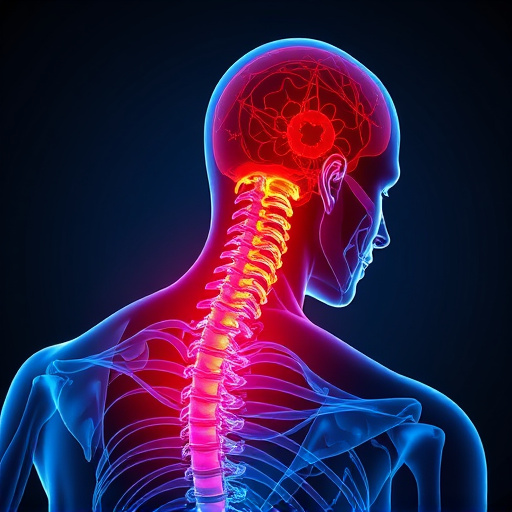
Support groups play a pivotal role in the recovery process for individuals post-motor vehicle accidents. These gatherings provide a safe and supportive environment where accident survivors can share their experiences, fears, and challenges with others who have gone through similar situations. Understanding that motor vehicle accidents can cause not just physical injuries but also significant emotional trauma, these groups offer a unique form of therapy. Members gain access to peer support, empathy, and practical advice, which are instrumental in navigating the complex journey towards healing and restoration.
In addition to addressing emotional needs, support groups often focus on holistic wellness care, including pain management strategies tailored to accident-related injuries. Topics may range from managing sciatica relief to improving overall quality of life. By fostering open communication and knowledge sharing, these groups empower individuals to actively participate in their recovery, ensuring they receive the comprehensive motor vehicle accident care they deserve.
Navigating Emotional Recovery Through Peer Connection
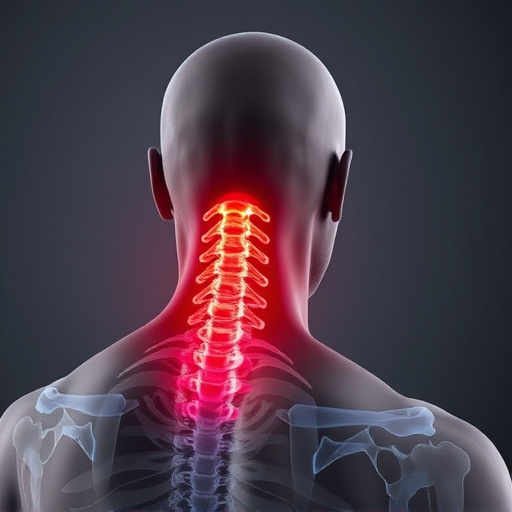
After a motor vehicle accident, emotional recovery is as crucial as physical healing. Support groups play a vital role in this process by providing a safe and supportive space where individuals can connect with peers who have gone through similar experiences. These groups offer an opportunity to share stories, express emotions, and receive empathy, fostering a sense of community. Navigating the aftermath of a motor vehicle accident can be challenging, but having a network of people who understand your struggles can significantly enhance emotional well-being.
Peer connections within these support groups encourage open dialogue about the challenges faced during rehabilitation. Members often discuss their personal journeys, including the difficulties they encountered in mobility improvement and the various therapeutic exercises they undertook. This exchange of experiences not only helps individuals feel less alone but also inspires hope for a fuller recovery. By connecting with others on this path, members gain valuable insights into managing pain, adapting to changes in physical abilities, and finding resilience during what can be a tumultuous time.
Resources and Benefits for Motor Vehicle Accident Victims
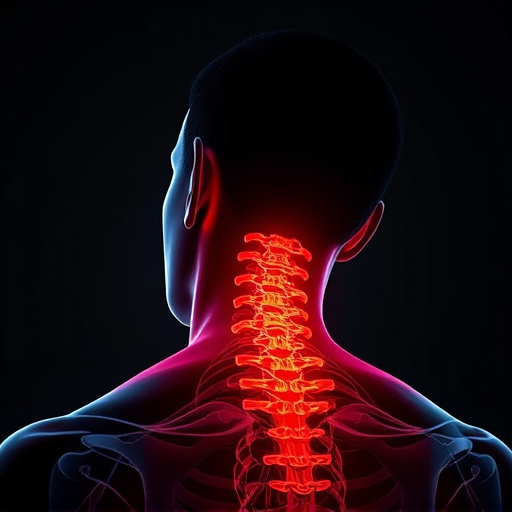
Motor vehicle accident victims often face a complex journey towards recovery. Fortunately, support groups and various resources play a pivotal role in facilitating this process. These platforms offer more than just emotional backing; they provide practical tools and knowledge essential for navigating the challenges post-accident.
One of the immediate benefits is access to specialized care, such as chiropractic treatment and whiplash treatment, tailored to address physical injuries commonly associated with car crashes. Additionally, these groups often facilitate connections with healthcare professionals who specialize in headache relief, offering a comprehensive approach to patients’ well-being. Such support networks empower individuals to make informed decisions about their health, ensuring they receive the best possible care during their recovery from motor vehicle accident care.
Support groups play a vital role in the emotional recovery process for individuals affected by motor vehicle accidents. By connecting with peers who have gone through similar experiences, victims can find solace, share their stories, and gain valuable insights into navigating the challenges ahead. These groups offer a safe space to express emotions, seek advice, and access resources tailored to their needs, ultimately contributing to enhanced mental well-being in the aftermath of an accident.

